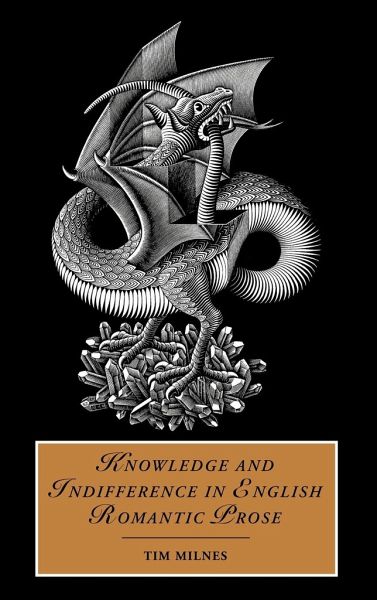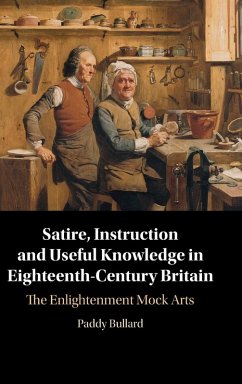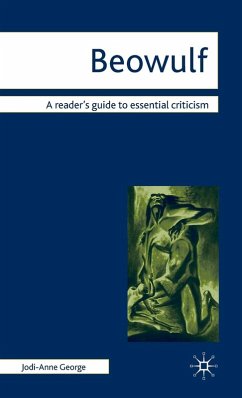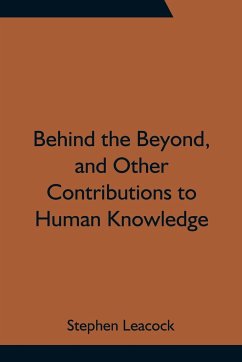
Knowledge and Indifference in English Romantic Prose
Versandkostenfrei!
Versandfertig in 1-2 Wochen
105,99 €
inkl. MwSt.
Weitere Ausgaben:

PAYBACK Punkte
53 °P sammeln!
This 2003 study sheds light on the way in which the English Romantics dealt with the basic problems of knowledge, particularly as they inherited them from the philosopher David Hume. Kant complained that the failure of philosophy in the eighteenth century to answer empirical scepticism had produced a culture of 'indifferentism'. Tim Milnes explores the way in which Romantic writers extended this epistemic indifference through their resistance to argumentation, and finds that it exists in a perpetual state of tension with a compulsion to know. This tension is most clearly evident in the prose w...
This 2003 study sheds light on the way in which the English Romantics dealt with the basic problems of knowledge, particularly as they inherited them from the philosopher David Hume. Kant complained that the failure of philosophy in the eighteenth century to answer empirical scepticism had produced a culture of 'indifferentism'. Tim Milnes explores the way in which Romantic writers extended this epistemic indifference through their resistance to argumentation, and finds that it exists in a perpetual state of tension with a compulsion to know. This tension is most clearly evident in the prose writing of the period, in works such as Wordsworth's Preface to Lyrical Ballads, Hazlitt's Essay on the Principles of Human Action and Coleridge's Biographia Literaria. Milnes argues that it is in their oscillation between knowledge and indifference that the Romantics prefigure the ambivalent negotiations of modern post-analytic philosophy.














